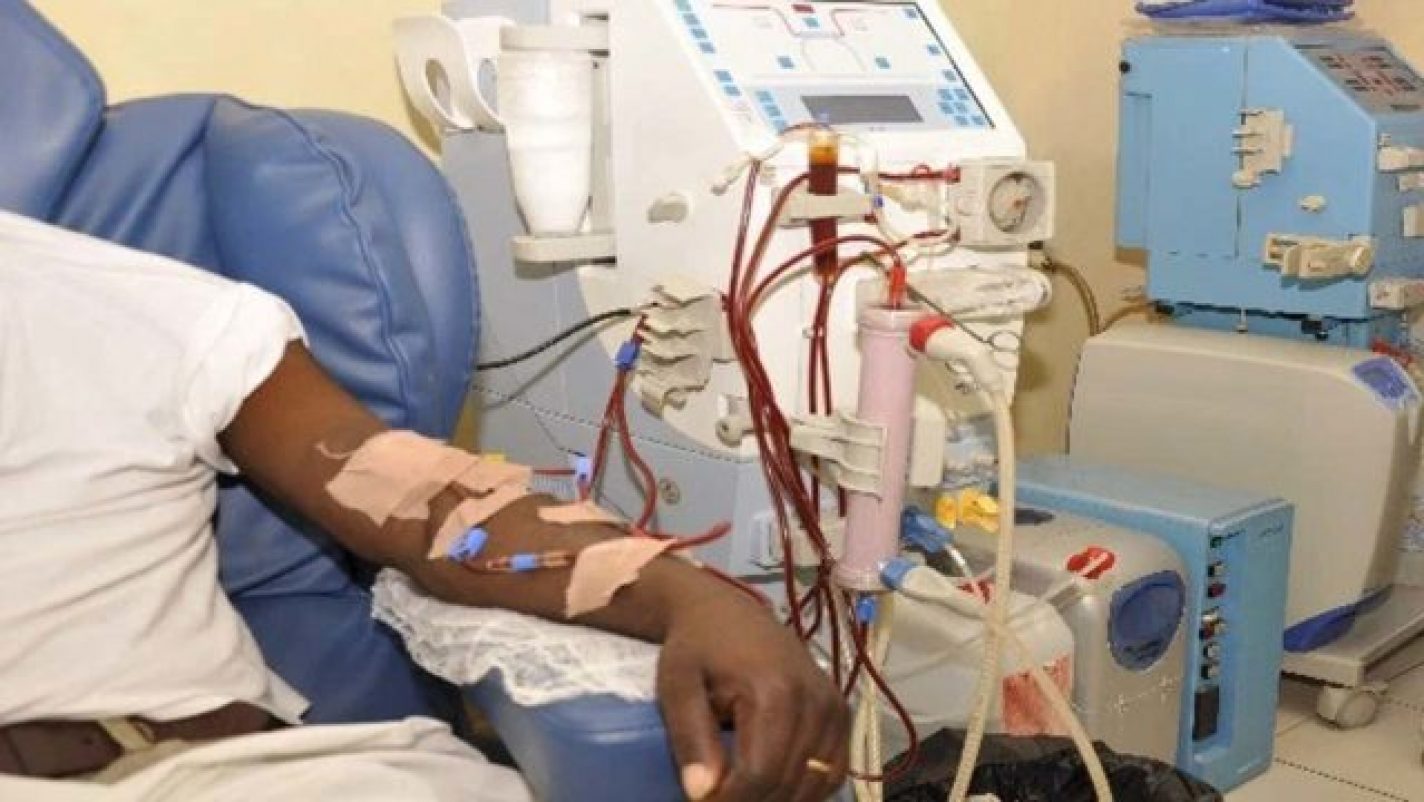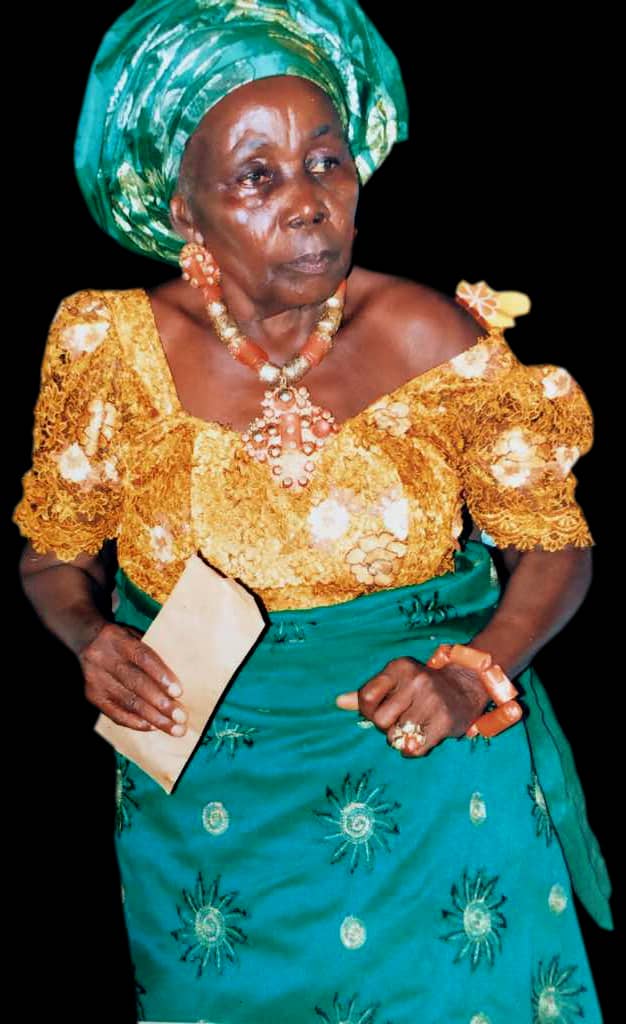
– Why more Nigerians will develop end stage renal disease yearly, require dialysis, transplantation
– Beware Of Hypertension, diabetes, chronic infection, bleaching cream, abuse of painkillers, unregulated use of herbal medicines identified as major causes of kidney disease
– Patient needs N15m for kidney transplant
– Transplanted kidney can last for 26 years if patient gets good match donor
– Government should support use of dead person’s kidney for transplantation to reduce challenge of living donor
As the world marks the World Kidney Day (WKD), medical experts have said no fewer than 45,000 Nigerians die yearly due to kidney failure. They said 50,000 patients need kidney transplant/dialysis yearly, but only 5,000 get it.
On second Thursday of March, the world over celebrate WKD to raise awareness on kidney diseases. The day also sensitises people about the increasing number of kidney-related diseases across the world. The day also emphasises the need for different strategies to prevent kidney diseases.
The experts warned that more Nigerians will develop end stage kidney disease (ESKD) yearly and will require dialysis/transplantation, emphasising how kidney damage kills more people than malaria, Human Immuno-deficiency Virus (HIV) and Tuberculosis (TB).
They, however, identified hypertension, diabetes, chronic infection, bleaching cream, abuse of painkillers and unregulated use of herbal medicines as major causes of chronic kidney disease.
The nephrologists/kidney disease experts said a patient needs about N15 million for kidney transplant in Nigeria because the drugs and other components used are still imported, very expensive and not covered by the National Health Insurance Authority (NHIA). Also, end stage kidney disease patient requires three sessions of dialysis weekly at cost of N110,000 and N20,000 for medications.
Owing to what sufferers face looking for donors, the experts added that government should begin sensitisation and support use of cadaver (dead body) kidneys for transplantation, as this will reduce the challenge of searching for living donors.
Contrary to reports credited to the Director General of the National Agency for Food and Drug Administration and Control (NAFDAC), Prof. Mojisola Christianah Adeyeye, the medical experts said dry fasting for long periods on its own could not cause kidney failure unless the individual has undiagnosed kidney problem.
They also said transplanted kidney can last for 26 years if the patient gets a good match as donor and is compliant with the medication.
Earlier reports had suggested that more than 21 million Nigerians are living with kidney disease and no fewer than 21,000 of the number are coming down with ESKD yearly, requiring dialysis or/and transplant to stay alive.
The WKD Joint Steering Committee has declared 2023 to be the year of “Kidney Health for All – Preparing for the unexpected, supporting the vulnerable!”
The 2023 campaign focuses on raising awareness about disastrous events, natural or man-made, international or local, and their impact on people living with kidney disease whose access to appropriate diagnostic services, treatment, and care is hindered.
A foremost nephrologist in Nigeria and member of the team that performed the first successful kidney transplant in the country, on March 6, 2000, at Nicholas Hospital, Lagos, Dr. Ebun Bamgboye, told The Guardian, yesterday: “Even though there might be a rise in chronic kidney disease (CKD), the capacity to diagnose it has improved.
So, a lot of the cases that would have escaped being known as having been communicable diseases in terms of the capacity is now being widely available and diagnosed.
“On the other hand, the common conditions that are known to lead to CKD are also more common because we are living to be older. So, the prevalence of diabetes is increasing. We have gone from 2.2 per cent in 20 years to at least 8.8 per cent of the population today.
“Hypertension is also becoming a lot more common because we are getting older, the older you get the more common you have hypertension. But what is worst still is the capacity to be able to control those conditions properly is diminishing. So, you find that not all of those that have it are diagnosed. You find two-third of those that have hypertension are known. Only a third of those who are known are on treatment and only a third of those who are on treatment are controlled.
“Only half of those who have diabetes know they have diabetes, the other half are going about with diabetes not recognising the fact that they have it. Even when they all know the have hypertension and diabetes, the capacity to control them is so low because the cost of the drugs is so high.
“I believe that the estimate is that for every one million population you have, you should expect 100 people to develop kidney damage yearly. So, if our population is 210 million, we should expect 21,000 people joining those who need end stage renal disease care every year. So, it means more people requiring dialysis and transplantation every year that is the incidence. Again, if you look at the prevalence it will probably be not less than about 50,000 people.”
Reacting to the case of Senator Ike Ekweremmadu’s daughter and how getting a matching donor has landed the family in trouble in the United Kingdom, the nephrologist said: “In Nigeria, we have been doing transplant for the past 23 years. Since then, we have been doing transplants. Last year, we did 50. This year so far, we have done about 10 and not just us, there are at least 15 hospitals all over Nigeria that have the capacity to do kidney transplant.
On the cost of kidney transplant, Bamgboye said it varies between N10 and N15 million and this is mainly because a lot of the drugs/components that are used are still imported and it generally tends to be very expensive, especially the drugs used to prepare the body to receive the kidney, what is called the immuno-induction or immuno-suppressant drugs.
Director General/Chief Executive Officer (CEO) of the National Institute for Medical Research (NIMR) Yaba, Lagos, Prof. Babatunde Salako, said Nigeria needs a nationwide study to create a benchmark against which she can compare subsequent figures and say for sure the burden of CKD. Salako, however, said it is generally believed among nephrologists that there seems to be increasing prevalence.
He said this may be due to yearly awareness campaign created by the World Kidney Day celebrations around the world, including Nigeria and this may have increased case detection and awareness among medical practitioners. “In certain parts of Nigeria, there is a perception that CKD is more prevalent compared to other parts of the country, otherwise the traditional causes have remained.
On the recent figures in terms of how many Nigerians are living with CKD, Salako said studies in the country, according to the Nigerian Association of Nephrology, have shown that prevalence of CKD is between 20 to 30 per cent of people who are 18 years and above.
On the association between unregulated dry fasting for long periods and dehydration and kidney damage, Salako said prolonged dehydration can push people who already have background CKD to kidney failure, so hydration, especially during dry seasons when temperatures are higher than usual is very important.
“So, we advise that people take fluids liberally during dry seasons, especially elderly people, because naturally, kidney function reduces with age. Older people should therefore pay particular attention to their hydration status. And those who live in northern part of the country with unusual temperatures should imbibe the same habit prescribed for the older people regardless of their ages. Do not forget, that water makes up about 75 percent of our body so it is very important,” he said.
On the plight of Nigerian families opting to go abroad for kidney transplant, Salako said: “We have more than 20 years of kidney transplantation experience in Nigeria such that nobody needs to travel out for transplantation anymore. But people have lost confidence in the system and the fact that we believe in what is imported more than local option. We need to purge ourselves of this attitude.
– The Guardian (except input in the headline and introduction)








